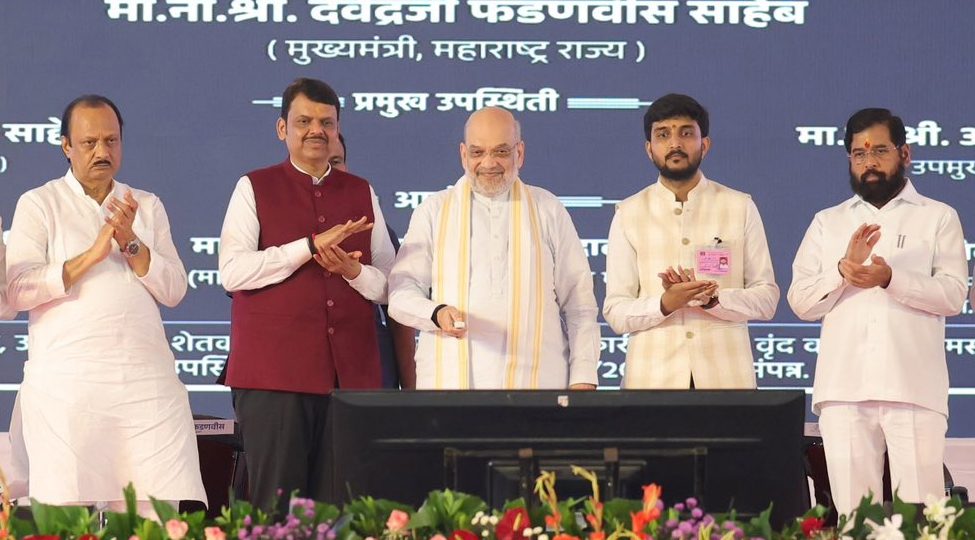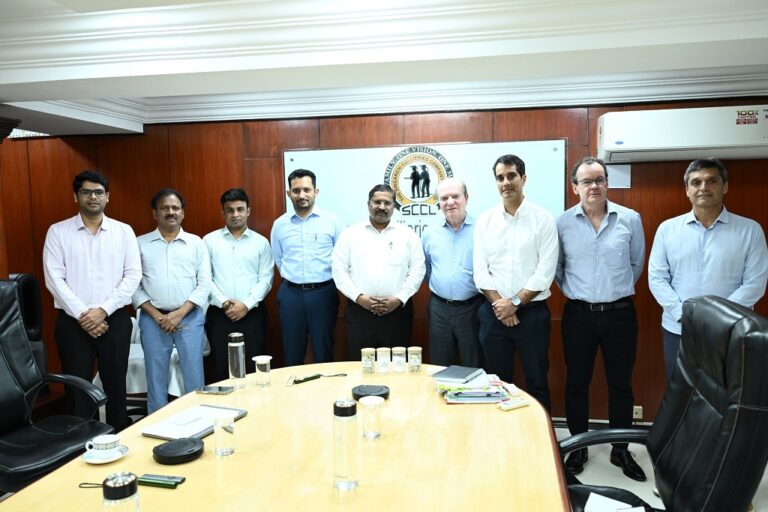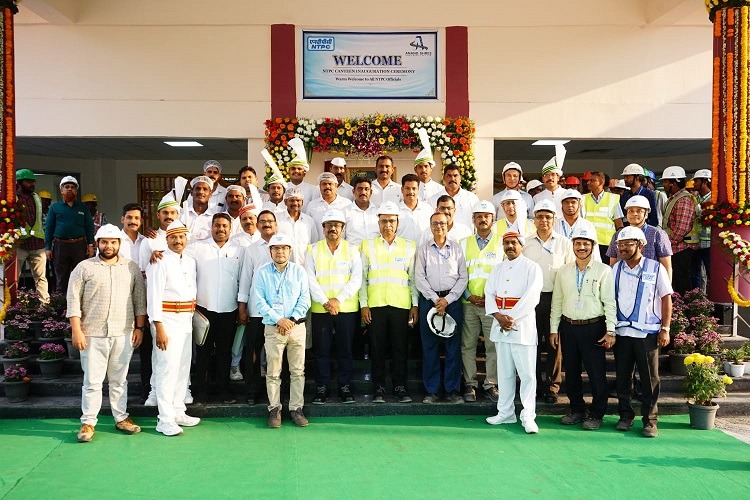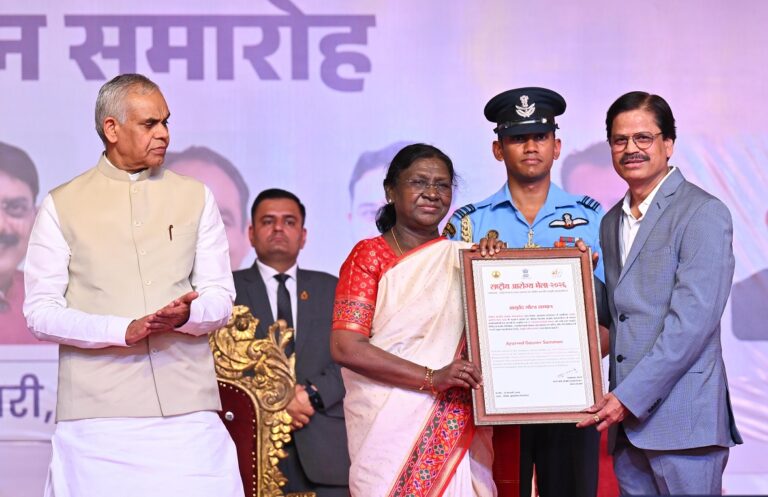
MUMBAI, OCTOBER 09, 2025: India marked a historic milestone in its cooperative and clean energy journey with the inauguration of the nation’s first cooperative multi-feed Compressed Biogas (CBG) plant at the Maharshi Shankarrao Kolhe Sahakari Sakhar Karkhana, Kopargaon, Ahilyanagar district of Maharashtra. The event represents a landmark achievement in demonstrating the transformative potential of cooperatives in advancing sustainable technologies and rural economic growth.
The newly commissioned CBG unit, established at an investment of Rs 55 crore, will produce 12 tonnes of compressed biogas and 75 tonnes of potash daily using molasses and jaggery byproducts—resources that were previously underutilized. The initiative will help reduce import dependency, promote clean energy, and enable sugar cooperatives to achieve zero-waste circular economy models.

In his address, Shri Amit Shah, the Union Minister of Cooperation emphasised that the project is not just a technological advancement but a symbol of cooperative innovation and resilience. He announced that the Central Government, through the National Cooperative Development Corporation (NCDC), will support 15 cooperative sugar mills across India in establishing similar CBG and potash granule units, thereby scaling up the model nationwide.

Reaffirming the Government’s commitment to farmer welfare through cooperatives, he highlighted the Cabinet-approved ‘Mission for Aatmanirbharta in Pulses’ with an outlay of Rs 11,340 crore, enabling farmers to register with NAFED and NCCF for 100 percent MSP procurement. He also noted the recent increase in MSP for major crops and the GST reduction to 5 percent on agricultural machinery and organic inputs, measures designed to strengthen small and marginal farmers and Primary Agricultural Credit Societies (PACS).
The Minister described the Kolhe sugar cooperative’s initiative as a national model of innovation-driven cooperation, showcasing how cooperative enterprises can combine industrial modernisation with rural upliftment. He urged all profit-making sugar factories to diversify into ethanol production, fruit processing, fisheries, and allied value chains under the cooperative framework to ensure that rural wealth remains within rural communities.
Reflecting on the broader cooperative movement, he said that the creation of a dedicated Ministry of Cooperation at the national level has restored confidence and vitality in the cooperative sector, which now stands as a pillar of India’s economic progress.
Concluding his remarks, he called upon citizens to promote indigenous products and environmental stewardship, stating that India’s economic rise will be powered by the collective strength of its cooperatives.




